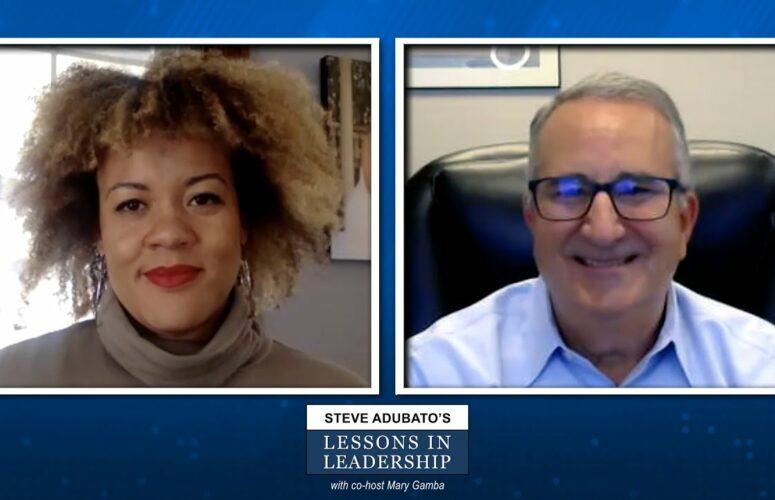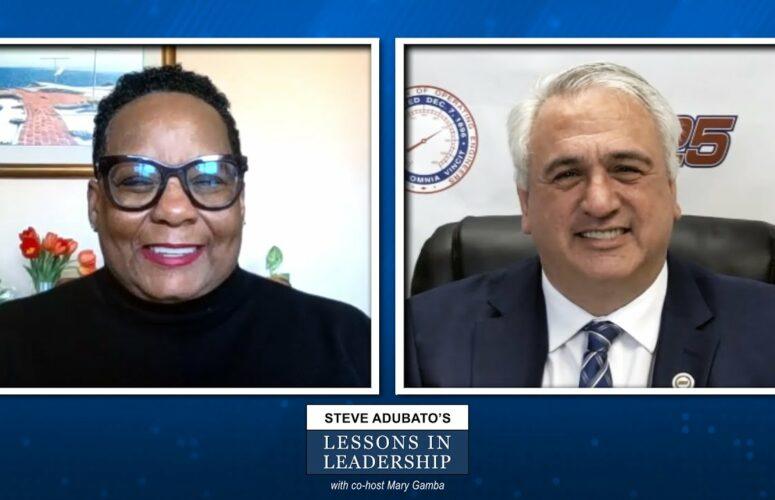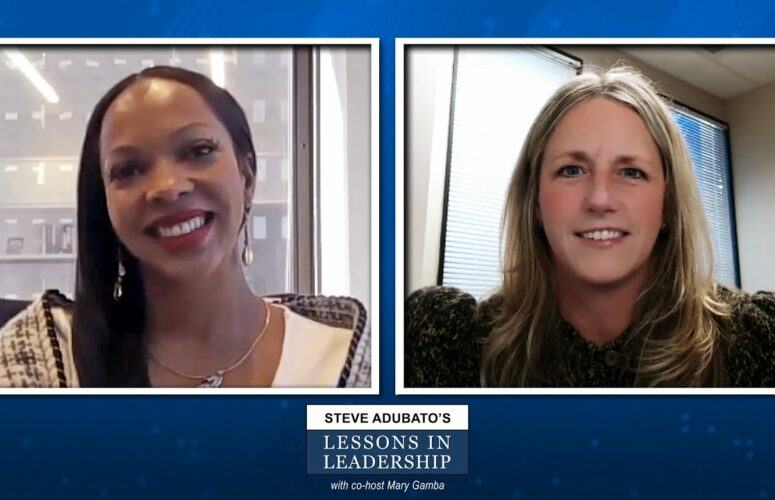Grit: The Really Tough Stuff
By Steve Adubato, PhD On May 10, 2022Grit is a funny thing. Some people mistakenly believe it is about simply being fearless—leaders who just believe that they can do anything—regardless of the obstacles they face. My view of grit is a bit different. In many cases, I’m convinced that exceptional leaders with genuine grit do in fact experience some degree of fear, self-doubt, and vulnerability. Yet, despite all this, these leaders persevere and refuse to give up. They refuse to give in to those very real emotions and feelings. The truly great leader is not someone who is never afraid. He is the leader who may in fact be afraid but chooses to do the strong and courageous thing anyway. He takes the action he knows is harder and will potentially be more painful because he refuses to give in and refuses to give up.
Grit is about after getting knocked down, having no choice but to get back up again and again. It is about resilience and resourcefulness. It is about refusing to be a victim. I’m not saying these leaders with tons of grit never feel sorry for themselves. Of course, they do. It’s just that the “pity party” doesn’t last that long. I’m not saying this grit thing is easy. Yet, for many of us, grit is a choice. It’s a frame of mind. Nobody bats 1,000 when it comes to grit, but over time, the best leaders build grit into their leadership DNA. It’s what they rely on when the “tough stuff” comes calling, such as a global pandemic, an economic downturn, a major business failure, etc.
As for the tough stuff the best leaders face on a regular basis, I’m not convinced that grit is simply a question of having it or not or being born with it or not. One thing I’ve learned about strong leaders when it comes to grit is that they don’t obsess over what they can’t control but rather put all their energy and passion into what they can—if not control—at least influence and greatly impact. Let’s break down some of the most significant traits of the grittiest leaders:
Resilience. The ability to bounce back after getting knocked down. It is simply refusing to give in or give up no matter the odds or how many times we fall short.
Passion. The grittiest leaders care deeply, not just about what they do but about its impact on others. They care deeply about their craft, their art, their specialty, whatever that may be. But they also have tremendous passion about pursuing excellence and the highest standards in their respective field.
No excuses. Gritty leaders don’t make excuses. They don’t blame others or point fingers. Yes, there are extenuating circumstances, but gritty leaders don’t use this to focus on what they can’t do and why.
Ego and pride. Ego isn’t always a bad thing for a leader, especially if one’s ego causes them to have tremendous pride in what they do and how they perform. That combination of ego and pride produces a degree of grit that will often help a leader get through the toughest stuff he or she is likely to face.
Intense competitiveness. I’m not necessarily referring to comparing yourself to others, but rather constantly competing against yourself, comparing yourself to your previous performance as a leader. This intense sense of competition and drive to be better is essential to great leadership.
Fail forward. Seeing “losing” as an opportunity to learn. Falling short, getting rejected, coming in 2nd, gritty leaders just see these outcomes as an opportunity to grow and learn from past mistakes or missteps. Gritty leaders see “losing” as the fuel that drives them toward excellence.
Related Articles:





